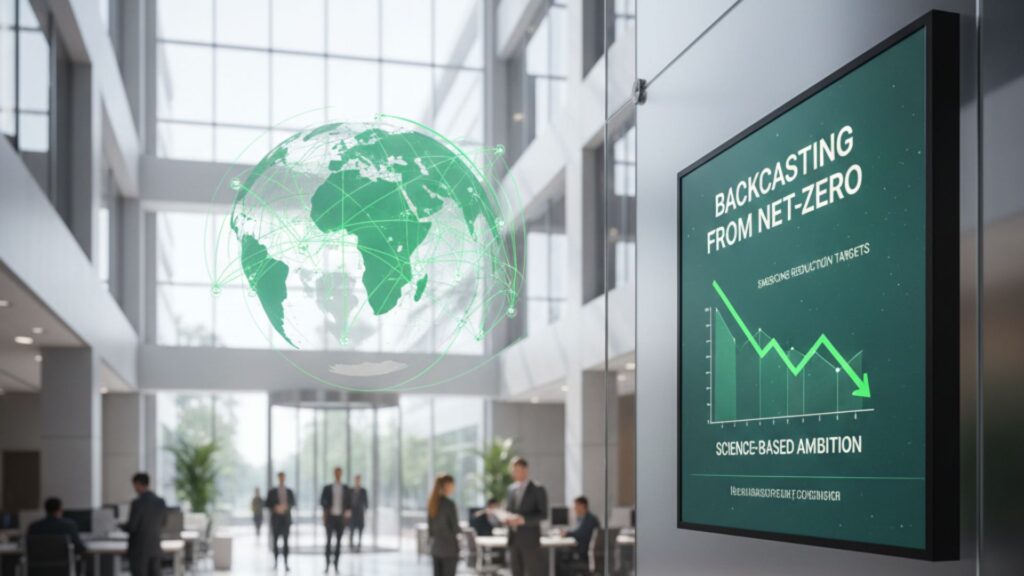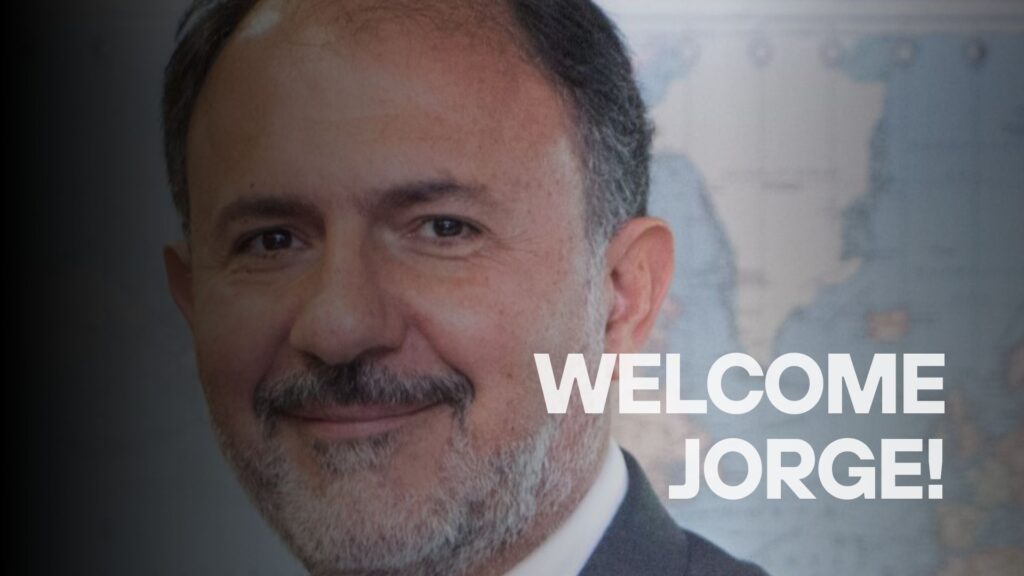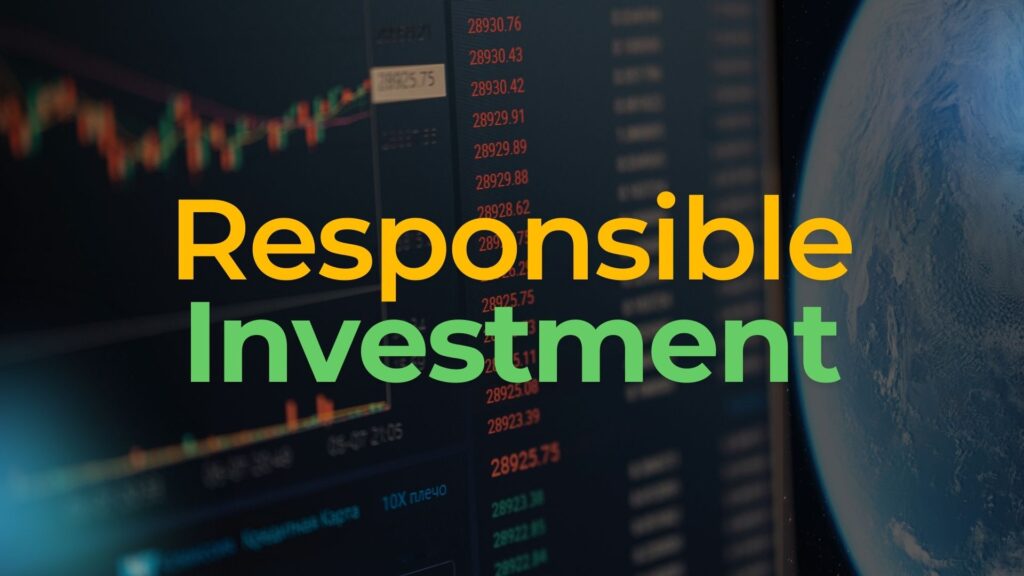Backcasting from Net-Zero: When to Demand Science-Based Ambition
Net-zero alignment represents the highest level of climate ambition for modern organizations. While many firms start with incremental improvements, leading enterprises adopt a strategic methodology known as backcasting. This approach starts with a vision of a decarbonized future and works backward to identify the necessary steps to reach that goal today. For financial institutions, backcasting serves as the primary tool for identifying borrowers who are truly committed to long-term sustainability and systemic change. Traditional business planning often relies on forecasting, which projects future performance based on current trends and historical data. While useful for short-term operations, forecasting often fails to account for the radical shifts required by the global energy transition. Backcasting solves this problem by centering the planning process on a fixed, science-based destination, such as achieving net-zero emissions by 2050. This approach ensures that every interim milestone contributes directly to the final objective. Why Backcasting Matters for Climate Finance The backcasting climate methodology is essential for mitigating transition risks within a financial portfolio. As global regulations tighten and carbon prices rise, businesses that rely on incremental forecasting risk becoming stranded assets. Backcasting forces an organization to confront the structural changes needed for survival in a low-carbon economy. Financial institutions use this methodology to verify the “Net-Zero ambition” of their largest clients. It provides a rigorous framework to ensure that a company’s long-term goals are more than mere marketing claims. By demanding science-based ambition, lenders protect their capital from the volatility of the fossil fuel phase-out. How to Implement the Backcasting Process Implementing a backcasting framework requires a shift in organizational mindset from “what is likely” to “what is necessary.” Lenders should look for the following five steps in a borrower’s strategic plan. Step 1: Define the Desired Future State The process begins with a clear, time-bound definition of success. For most organizations, this is a state where GHG emissions are reduced to the absolute minimum, with any residual emissions neutralized through high-quality carbon removals. The borrower must specify the target year, typically 2040 or 2050, in alignment with the Paris Agreement. Step 2: Characterize the Decarbonized Business Model The organization must describe how it will operate in the target year. This includes identifying the primary energy sources, the level of energy efficiency achieved, and the technological innovations required. A manufacturer, for example, might envision a future state where 100% of process heat comes from green hydrogen. Step 3: Work Backward to Identify Strategic Milestones Once the destination is clear, the organization works backward to set interim targets. These milestones act as “checkpoints” to ensure the company remains on the science-based pathway. Common intervals include 5-year and 10-year targets that satisfy the requirements of the absolute contraction method. Step 4: Conduct a Gap Analysis By comparing the future state with the current operational baseline, the borrower identifies the “innovation gap.” This step highlights the specific areas where the business requires new technology, policy changes, or significant capital investment. Identifying these gaps early allows financial institutions to structure the appropriate climate finance products to bridge them. Step 5: Develop the Immediate Action Plan The final step is translating the long-term vision into immediate operational tasks. This results in a Climate-Mitigation Action Plan (CMAP) that outlines the specific investments needed over the next 12 to 36 months. This plan must align with the broader Science-Based Target Setting Methodologies. When to Demand Backcasting from Borrowers While the Forward-looking methodology is suitable for many SMEs, certain scenarios require the more rigorous backcasting approach. Lenders should prioritize backcasting in the following situations: Risk Mitigation Benefits for Financial Institutions Demanding science-based ambition through backcasting provides three critical benefits to a lender’s portfolio: Conclusion The backcasting climate methodology is the gold standard for organizations aiming for Net-Zero leadership. By starting with the end in mind, businesses move beyond incrementalism and begin the deep work of transformation. For financial institutions, verifying this ambition is the most effective way to align portfolios with the global climate transition and secure long-term financial performance. This article was written by Matheus Mendes from the Green Initiative Team. Related Reading
Backcasting from Net-Zero: When to Demand Science-Based Ambition Read More »










